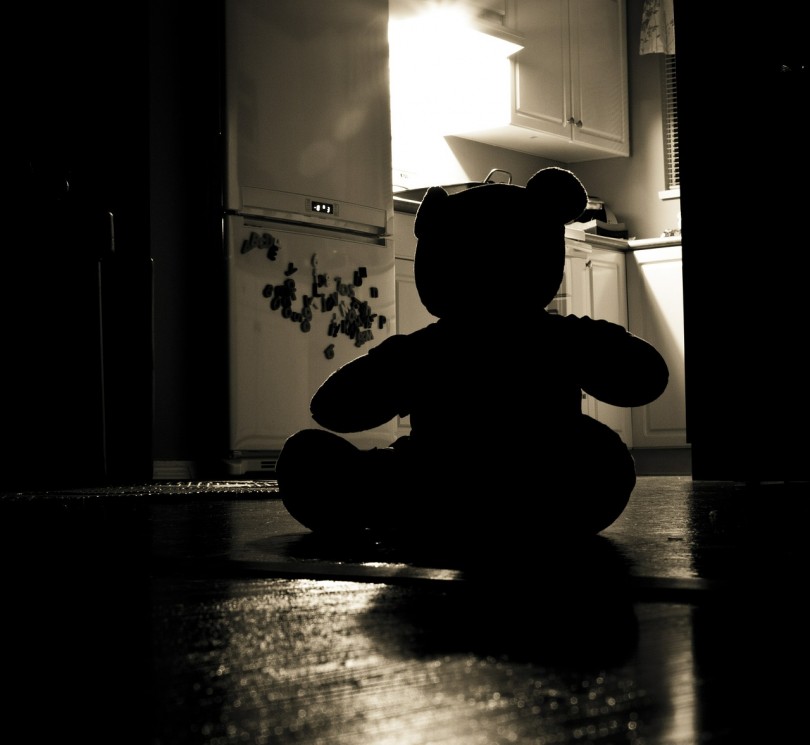The connotation of “nightmare” usually brings to mind a child afraid of monsters under the bed. The reality, though, is that all children have nightmares at some point, and older children may be more susceptible because their nightmares contain more real-life images. If your child has frequent nightmares, these tips can help you both cope.
Listen
Most parents’ knee-jerk reaction to a nightmare is to say, “It’s not real; go back to sleep.” The truth is, the images in many nightmares are in fact real, even if they didn’t happen. There are real volcanoes, tornadoes, shooters, deep water, and other dangerous things in the world. When your child has a nightmare, ask him or her to tell you about it. Emphasize that when we talk about nightmares, they become less scary.
Lead by Example
Teach your children to focus on the positive, especially at night. To facilitate this, turn the news and other scary programming off when they’re around, and don’t vent your negativity around them. Tell your children about times when you were afraid and how you mastered your fear. Read books in which characters confront fears successfully.
Pray
Children should learn early on that God is with them when they’re frightened and that He can comfort them. Read Bible verses pertaining to fear, comfort, and protection together. Pray before bedtime—specifically about the bad dreams (for instance, “God, keep dreams about spiders away.”)
Get Help
If your child has chronic nightmares or has the same one over and over, it may be a symptom of something more serious. Chart your child’s nightmares for 2-4 weeks. If they seem to be getting worse, contact a pediatric counselor. Ask your doctor for a recommendation. Your pastor or a Sunday school teacher might also help.









Leave a Comment
You must be logged in to post a comment.